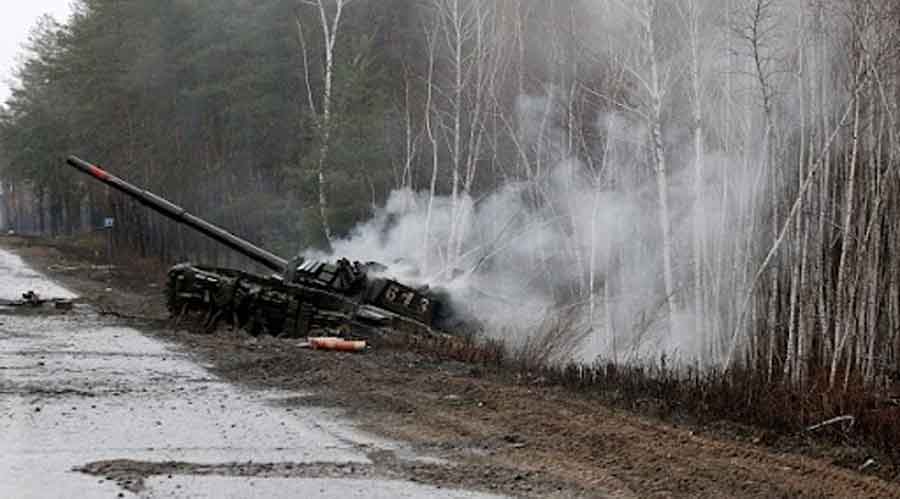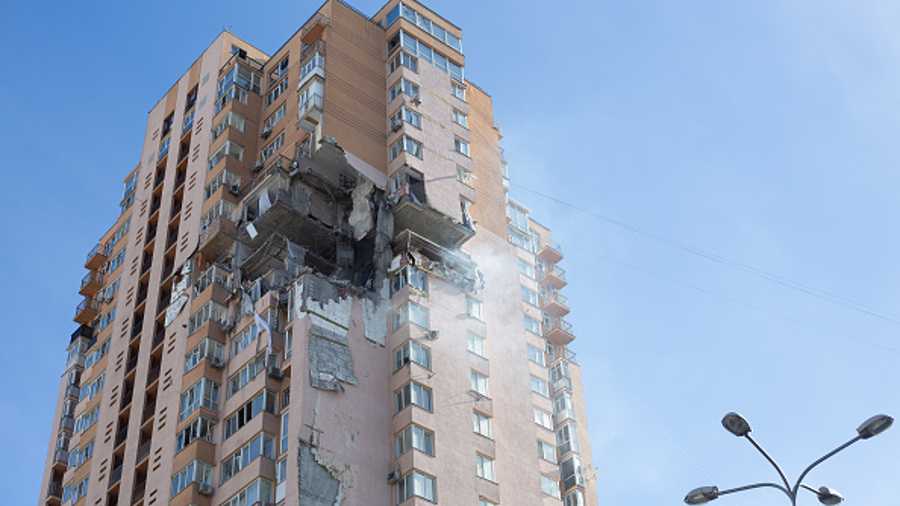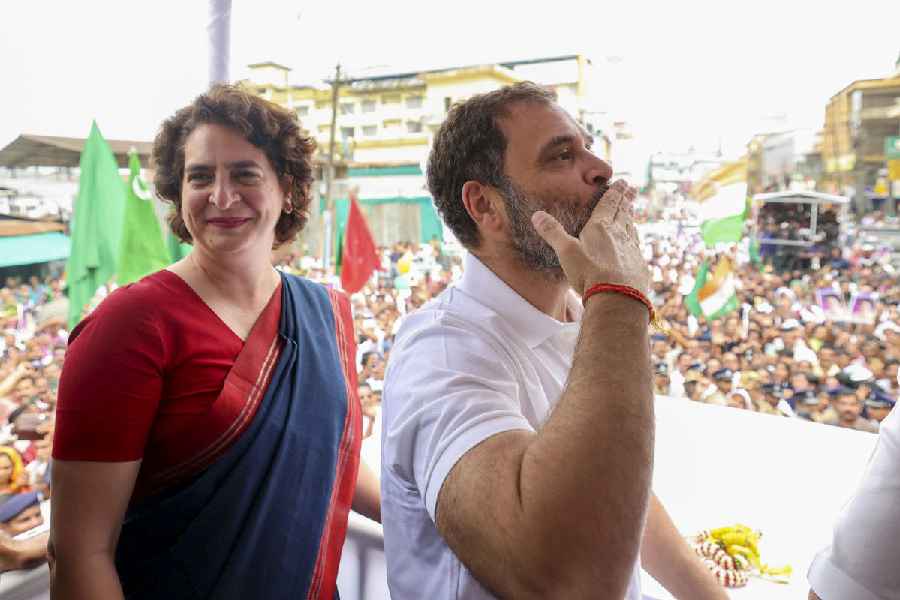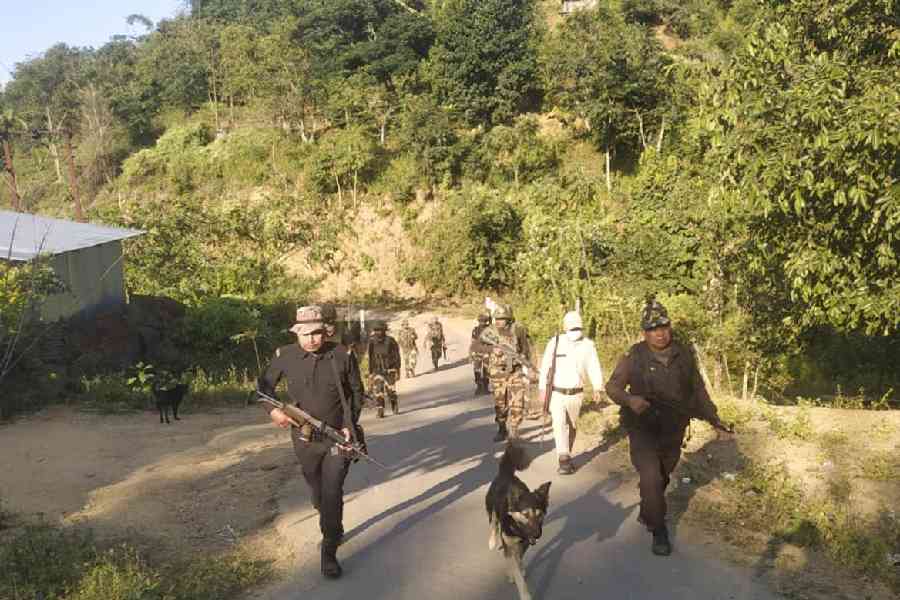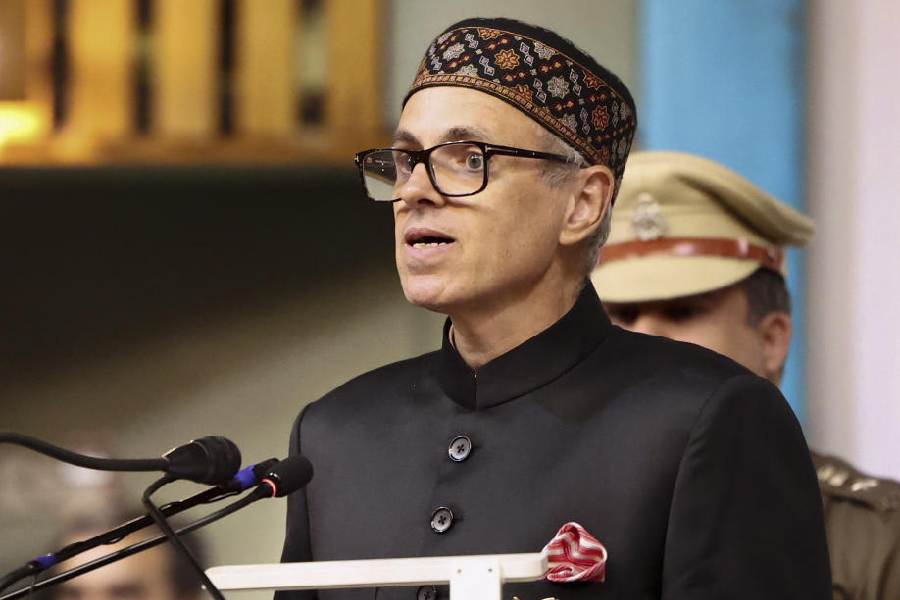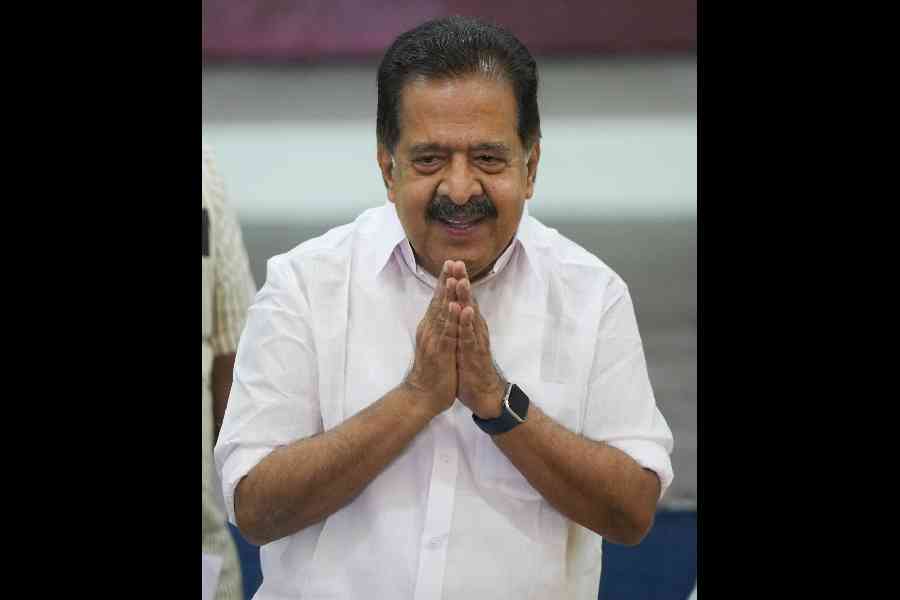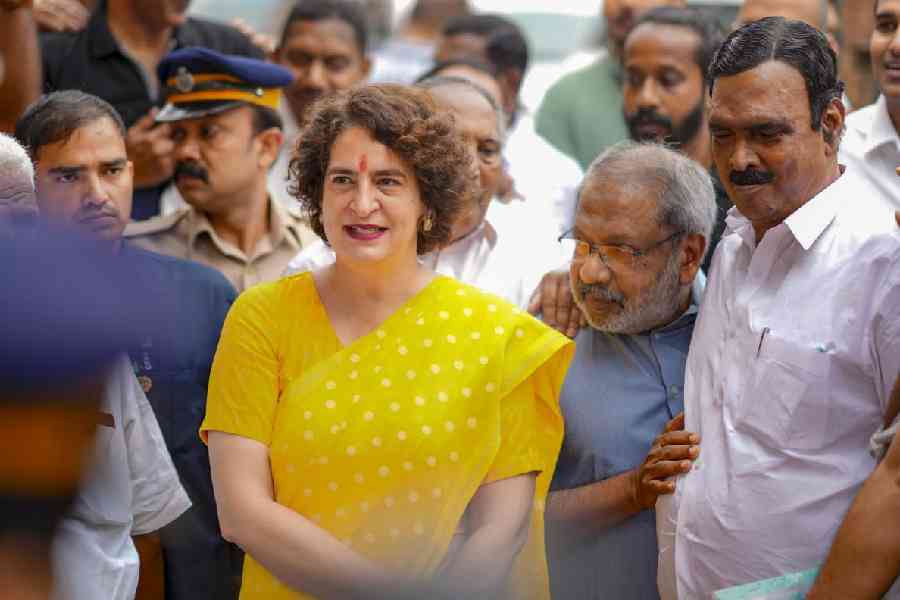Outmanned and outgunned, Ukraine’s defence forces waged a ferocious resistance to the Russian invasion on Saturday, battling to keep control of the capital, Kyiv, and other cities.
There was intense street fighting, and bursts of gunfire and explosions could be heard across Kyiv as Russia renewed its assault after a purported pause.
Ukrainian forces are putting up a “very determined resistance” to Russia’s invasion, a US defence official said on Saturday, as President Volodymyr Zelensky struck a defiant tone on the streets of Kyiv.
The US has observed more than 250 launches of Russian missiles, mostly short-range, at Ukrainian targets, the US defence official said.
“We know that (the Russian forces) have not made the progress that they wanted to make, particularly in the north. They have been frustrated by what they have seen is a very determined resistance,” the official said, without providing evidence.
Russian forces are becoming increasingly frustrated by what the US believes is a viable and very determined Ukrainian resistance as Moscow commits more and more troops to its invasion, the official said.
He added that it appeared Russian commanders did not plan for enough fuel and basic logistics support, and were now trying to adjust.
Russian forces continued to pound Kyiv and other cities with artillery and cruise missiles in a campaign that has sent hundreds of thousands of Ukrainians fleeing westwards towards the European Union, clogging highways and railway lines. Satellite images collected on Friday showed a 6km traffic jam of vehicles trying to leave Ukraine at a southwestern border crossing with Romania.
Russia has established attack lines into three cities: Kyiv in the north, Kharkiv in the northeast and Kherson in the south.
The Kremlin said that Russian forces were resuming their advance on Ukraine on Saturday, claiming that President Vladimir Putin had ordered a pause on Friday while possible talks with Ukraine were being considered.
An adviser to Zelensky denied that Kyiv had refused negotiations but said Russia had attached unacceptable conditions. He said it was untrue that Russia had paused troop movements on Friday.
Top Russian security official and former President Dmitry Medvedev said military operations would be waged relentlessly until Putin’s goals were achieved, ratcheting up Moscow’s rhetoric.
At least 198 Ukrainians, including three children, have been killed and 1,115 people wounded so far in the Russian invasion, Interfax quoted Ukraine’s health ministry as saying. It was unclear whether the numbers included only civilian casualties.
Ukraine said more than 1,000 Russian soldiers had been killed. Russia did not release casualty figures.
On Saturday, the UN High Commissioner for Refugees said on Twitter that 150,000 Ukrainian refugees had crossed into neighbouring countries.
Russia’s defence ministry said its forces had captured Melitopol, a city of 150,000 in southeastern Ukraine. Ukrainian officials were not immediately available to comment and Britain cast doubt on the report.
If confirmed, it would be the first significant population centre the Russians have seized.
The city of Mariupol, a key port on the Sea of Azov in southeast Ukraine, remained under relentless shelling on Saturday, its mayor Vadim Boychenko said in a televised address. “They are shelling schools, apartment blocks,” he said.
Moscow says it is taking care not to hit civilian sites.
Space launches
Russia’s space agency Roskosmos is suspending cooperation with Europe on space launches from the Kourou spaceport in French Guiana in response to western sanctions over Ukraine, Roskosmos head Dmitry Rogozin said on Saturday.
“In response to EU sanctions against our companies, Roskosmos is suspending cooperation with European partners on space launches from Kourou, and is withdrawing its technical staff... from French Guiana,” Rogozin said in a post on his Telegram channel.
The European Union played down Russia’s pullout, saying it would not affect the quality of service of its satellite networks Galileo and Copernicus.
Galileo is Europe’s global navigation satellite system which provides positioning and timing information used in mobile phones, cars, railways and aviation. Copernicus delivers earth observation data, documenting climate change, for example.

